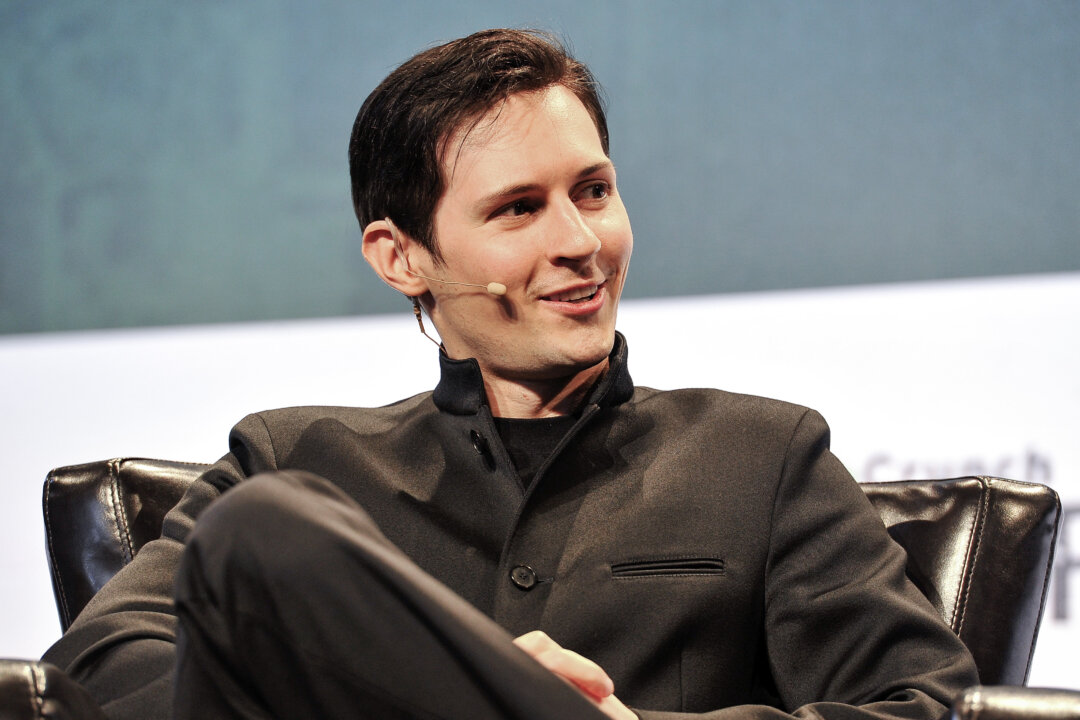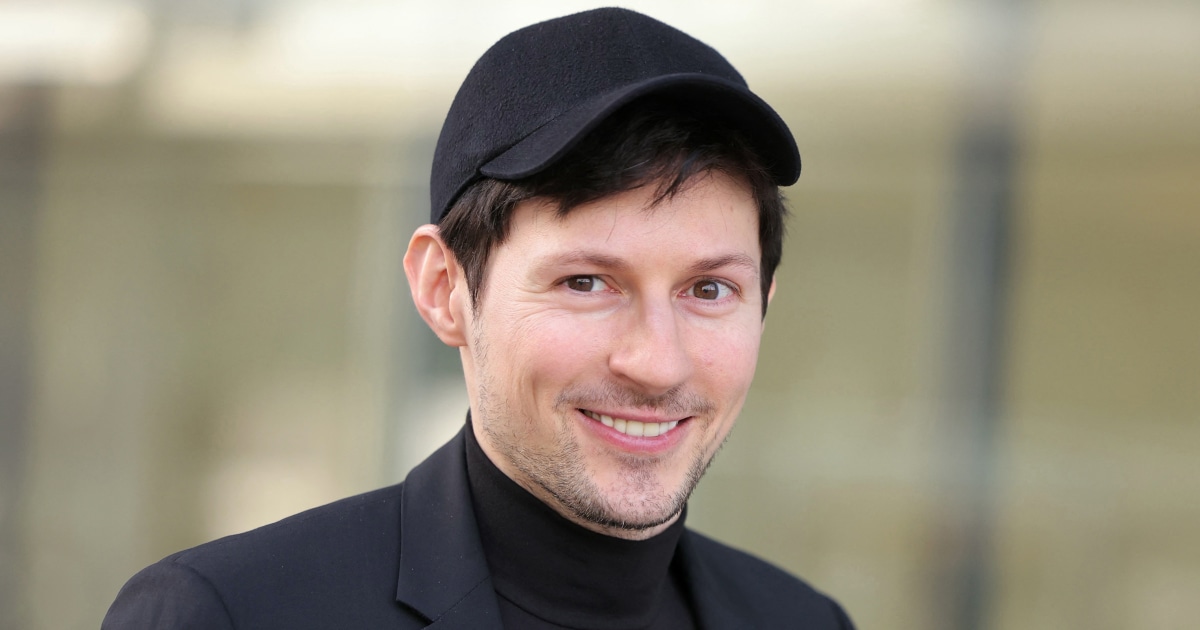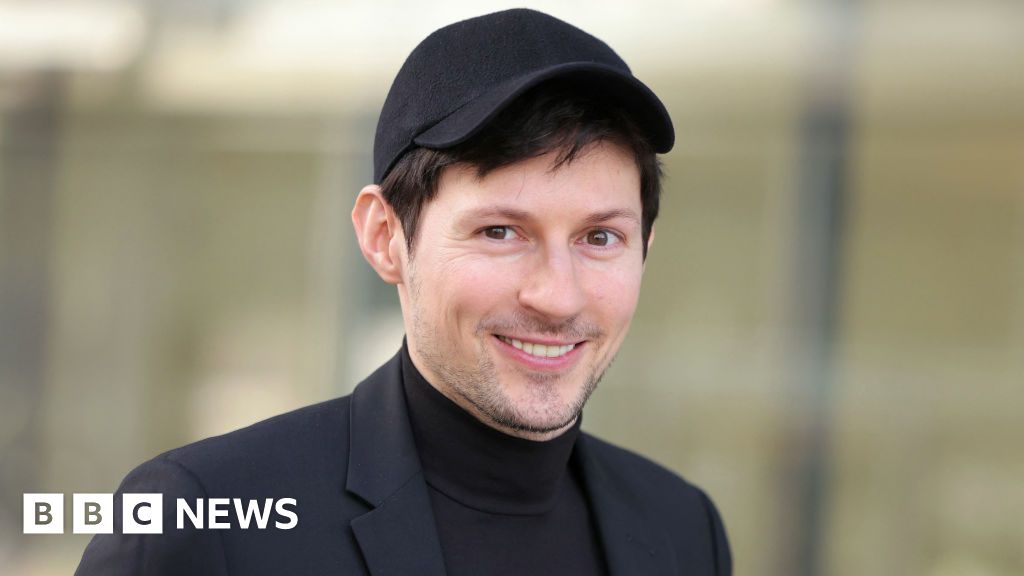Telegram CEO Pavel Durov Returns to Dubai After Legal Woes in France
Pavel Durov has returned to Dubai after being detained for months over allegations of failing to moderate criminal activity on Telegram.
Overview
Pavel Durov, CEO of Telegram, has returned to Dubai after being detained in France for several months related to criminal activity on his platform. Though under investigation, he expressed gratitude to French judges for allowing his departure. Durov has faced allegations of insufficient moderation against Telegram, leading to misuse by criminals. In response, Telegram has committed to improving its moderation practices and cooperating with law enforcement. This case marks a notable moment in the ongoing discussion about the responsibility of tech leaders for content on their platforms.
Report issue

Read both sides in 5 minutes each day
Analysis
- Telegram CEO Pavel Durov has defended the app's moderation practices amid ongoing investigations and asserts that the platform has repeatedly met its legal obligations.
- Durov's return to Dubai follows an unprecedented case where a tech CEO was arrested for alleged criminal activity on their platform, raising questions about the accountability of social media companies.
- Despite facing scrutiny for being a platform used by criminals, Telegram has made recent changes to enhance its moderation and cooperation with law enforcement.
Articles (3)
Center (2)
FAQ
Pavel Durov was arrested in France as part of an investigation into alleged criminal activities on Telegram, including drug trafficking and the distribution of sexually explicit images of children.
Durov was required to post a €5 million bail, report to a police station twice a week, and remain in France until further notice.
Telegram has committed to improving its moderation practices and cooperating with law enforcement. Durov emphasized that Telegram has met and exceeded legal obligations in moderation and crime prevention.
This case raises important questions about the balance between freedom of expression and content moderation, potentially influencing future policies for social media and messaging platforms.
History
- This story does not have any previous versions.


